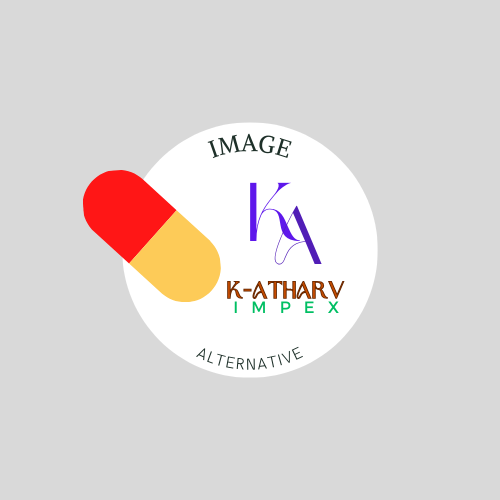- Your cart is empty
- Continue Shopping

Nevimune Tablet
Uses of Nevimune Tablet
- Treatment of Human Immunodeficiency Virus (HIV-1) infection
Introduction to Nevimune Tablet
Nevimune tablet Tablet consists of the active ingredient Nevirapine which belongs to the class of anti-HIV drugs called Non-nucleoside reverse transcriptase inhibitors. This medicine stops the reverse transcriptase enzyme by working from multiplying HIV. It is used to control Human Immunodeficiency Virus (HIV-1) infection in adults and children of any age, which is usually taken with other antiretroviral medicines.
Do not consume Nevimune tablet if you are allergic to Nevirapine or it’s other ingredients of this medicine. Inform your doctor if you have taken this medicine previously and had to stop it due to severe rashes, fever, blistering, mouth soreness, inflammation of the eye, or swellings. Before starting the treatment, inform your doctor if you have a severe liver condition or if you take St. John’s Wort (herbal substance). During the first 18 weeks of the treatment, it is important to watch out for the sign of liver and skin reactions. Your doctor may regularly monitor your liver functions and blood count. Do not continue the medicine if you experience severe rashes, hypersensitivity reactions, or life-threatening side effects, and contact your doctor immediately.
The risk of developing liver problems is higher in women, hepatitis B or C patients, abnormal liver function tests, or if you had a higher CD4 cell count during the initial stage of the treatment. Inform your doctor if you are pregnant or planning to get pregnant or think you may be pregnant or breasting; because breastfeeding is not recommended while consuming Nevimune tablet. Also, notify your doctor if you are lactose intolerant.
Therapeutic Effects of Nevimune Tablet
The reverse transcriptase enzyme plays a vital role in the DNA replication of the virus (HIV). RNA. Nevimune tablet stops this enzyme’s activity and helps control HIV infection.
Interaction of Nevimune Tablet with other drugs
Inform your healthcare provider about all your medicines, including prescription, over-the-counter, nutritional or vitamin supplements, and herbal products. Certain medications, such as St. John’s Wort, may interact with Nevimune tablet and reduce effectiveness by causing undesirable side effects.
More Information about Nevimune Tablet
- Keep out of sight and reach of pets and children
- Store protected from light at a temperature not exceeding 30°C.
- Do not freeze.
How to consume Nevimune Tablet
Take the Nevimune tablet as advised by your physician. Do not crush, chew, or open the medicine. Your physician will decide the correct dosage and duration based on age, body weight, and disease condition. Only stop taking the tablet if your doctor advises you to stop. Usually, one tablet will be prescribed for the 1st 14 days.
Safety Advices for Nevimune Tablet
Pregnancy
Inform your physician if you are pregnant, suspecting, or planning to get pregnant during the treatment with Nevimune tablet.
Breast Feeding
Breastfeeding is unsafe while taking Nevimune tablet because HIV infection can be passed to the infant. Consult your doctor for more information.
Lungs
It is unknown whether Nevimune tablet is safe for patients with lung diseases. Before starting the therapy, report to your physician if you have any lung-related conditions
Liver
Nevimune tablet should be cautiously administered in patients with liver diseases. However, inform your physician of any liver diseases before initiating the therapy.
Alcohol
It is highly unsafe to drink alcohol while taking Nevimune tablet. It may lower the effectiveness of the drug and can cause liver damage.
Driving
Do not drive or operate machines when taking Nevimune tablet because this medicine makes you feel fatigued.
Side Effects of Nevimune Tablet
Side effects are unwanted symptoms caused by medicines. Even though all medications cause side effects, not everyone gets them.
Serious:
- Loss of appetite
- Toxic epidermal necrolysis (rare skin reaction)
- Yellow skin
- Allergic reactions
- Liver inflammation (hepatitis)
- Difficulty breathing
- Stevens-Johnson syndrome (rare skin and mucus disorder)
- Muscle weakness
- Infections and inflammation
- Bone problems
Common:
- Rash
- Headache
- Stomach pain
- Nausea, vomiting, diarrhea
- Fever
- Tiredness
- Changes in body fat

